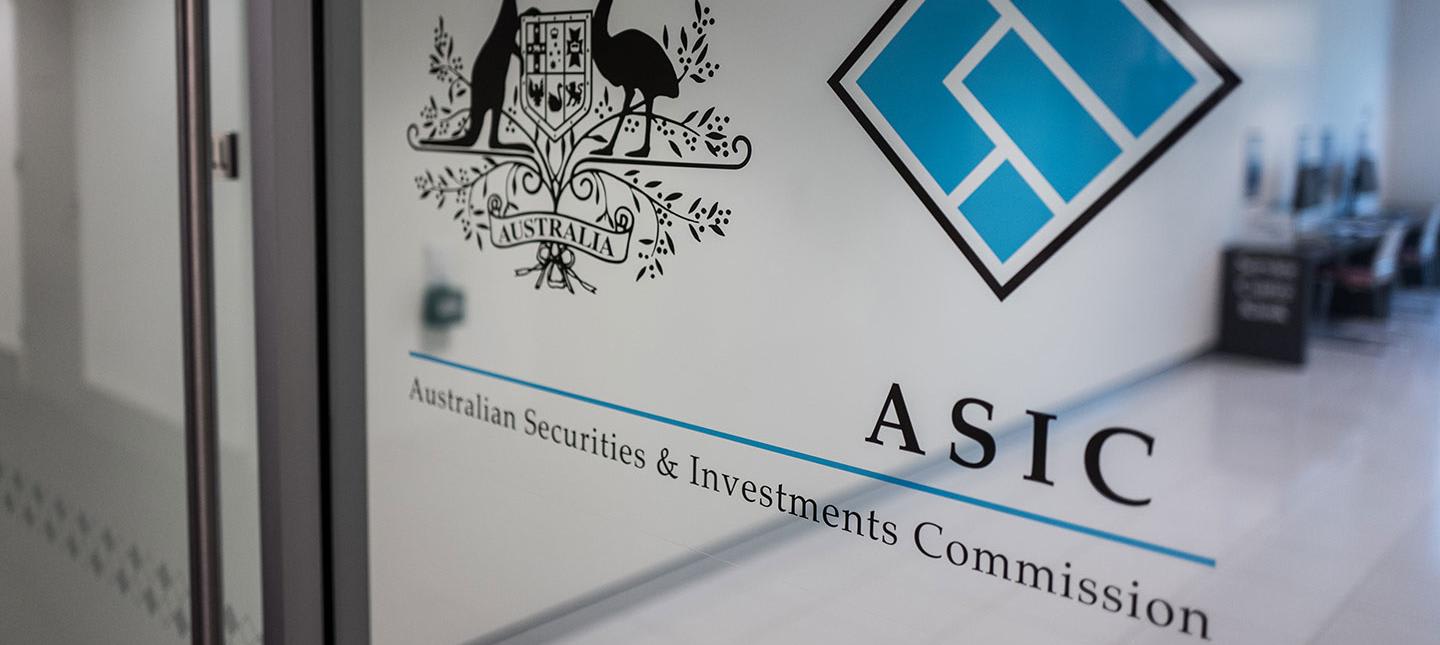
The regulator has said it is “concerned” and “disappointed” to see some non-bank lenders pushing vulnerable consumers into small amount credit contracts inappropriately.
The financial services regulator has released a new report outlining its findings from its recent review into lenders providing small amount credit contracts (SACCs) and their adherence to law changes in 2022 and 2023 under the Financial Service Reform Act 2022 (FSR Act).
The FSR Act seeks to reduce financial harm to consumers, prevent lenders from avoiding regulatory responsibilities, and ensure the highest level of protection for the most vulnerable consumers.
According to the Australian Securities and Investments Commission’s (ASIC) Report 805 Falling short: Compliance with the small amount credit contract obligations, while there has been a reduction in the number and total value of SAACs (loans of up to $2,000 with a loan term between 16 days and 12 months), the regulator is still concerned about the prevalence of unsuitable contracts.
The regulator undertook a review to determine how SACC lenders are responding to reforms and their obligations, as well as the potential impact on consumers.
To achieve this, it engaged with consumer advocates and industry representatives, analysed ASIC data, reviewed lender business models, and examined practices from a sample group of SACC lenders and major credit providers.
More lenders pushing customers into larger loans
It found that $1.3 billion of SACCs were provided to consumers in the financial year 2024.
Following the review, the regulator found that some lenders who provide SACCs may be attempting to move vulnerable consumers into contracts with fewer protections.
In particular, ASIC said it was “concerned” that some SACC providers may be falling short of their obligations by entering into unsuitable contracts with consumers, or failing to identify an appropriate target market and distribute their products accordingly.
For example, two of the five lenders in the sample group were offering alternative credit products to consumers who had applied for a SACC but were ineligible because of the protected earnings amount.
ASIC also revealed at least one lender offering consumers more credit than the consumer had initially requested, which it said “may be inconsistent with the consumer’s requirements and objectives”.
It also noted an increase in medium-sized contracts being written. Based on average loans entered into between December 2022 and August 2024 in the sample group, ASIC found that smaller, shorter-term loans averaged $767.52 with a term of 20.94 weeks, while medium-amount credit contracts averaged $2,499.19 over 30.46 weeks.
ASIC said: “We are concerned with practices by SACC lenders that appear to be offering alternate forms of credit to consumers, particularly for larger amounts, where the consumer is not eligible for a SACC.
“Where we have information that suggests SACC lenders are rolling significant numbers of consumers with previous small amount credit contracts into larger or continuing credit contracts, we will consider further regulatory action.”
It also flagged concerns about business models that may be attempting to avoid the additional consumer protections imposed on SACCs.
For example, it found that some credit providers offer medium-amount credit contracts close to $2,000 with relatively short repayment periods. While these amounts are nearly equal in value to a SACC, consumers do not have the benefit of the additional SACC protections.
‘Lenders are on notice’: Alan Kirkland
Speaking after releasing the report on Thursday (13 March), ASIC said that lenders who have changed their product offerings following the FSR Act reforms “need to consider their regulatory obligations, in particular, the obligation to consider a consumer’s requirements and objectives before entering into a credit contract”.
It also suggested they set “appropriate review triggers” in their target market determinations to adequately monitor the risk of distribution of products outside of their target market.
ASIC commissioner Alan Kirkland said: “Consumers who access these products are often financially vulnerable. That’s why people who use small amount credit contracts are subject to additional protections.
“ASIC has a strong record of taking enforcement action in response to lending practices that cause harm to vulnerable consumers. Lenders are on notice that if we detect serious breaches of the law, we will consider taking further action.
“We were disappointed to uncover that some lenders may be seeking to shift consumers into other forms of credit, some of which involve greater risk.”
The review follows ASIC’s ongoing enforcement of SAAC, including against Sunshine Loans and Ferratum Australia, which were found to have charged prohibited fees.
Last year, ASIC also extended its product intervention orders on short-term and continuing credit contracts until 2032.
[Related: Intervention order on short-term credit contracts extended]

